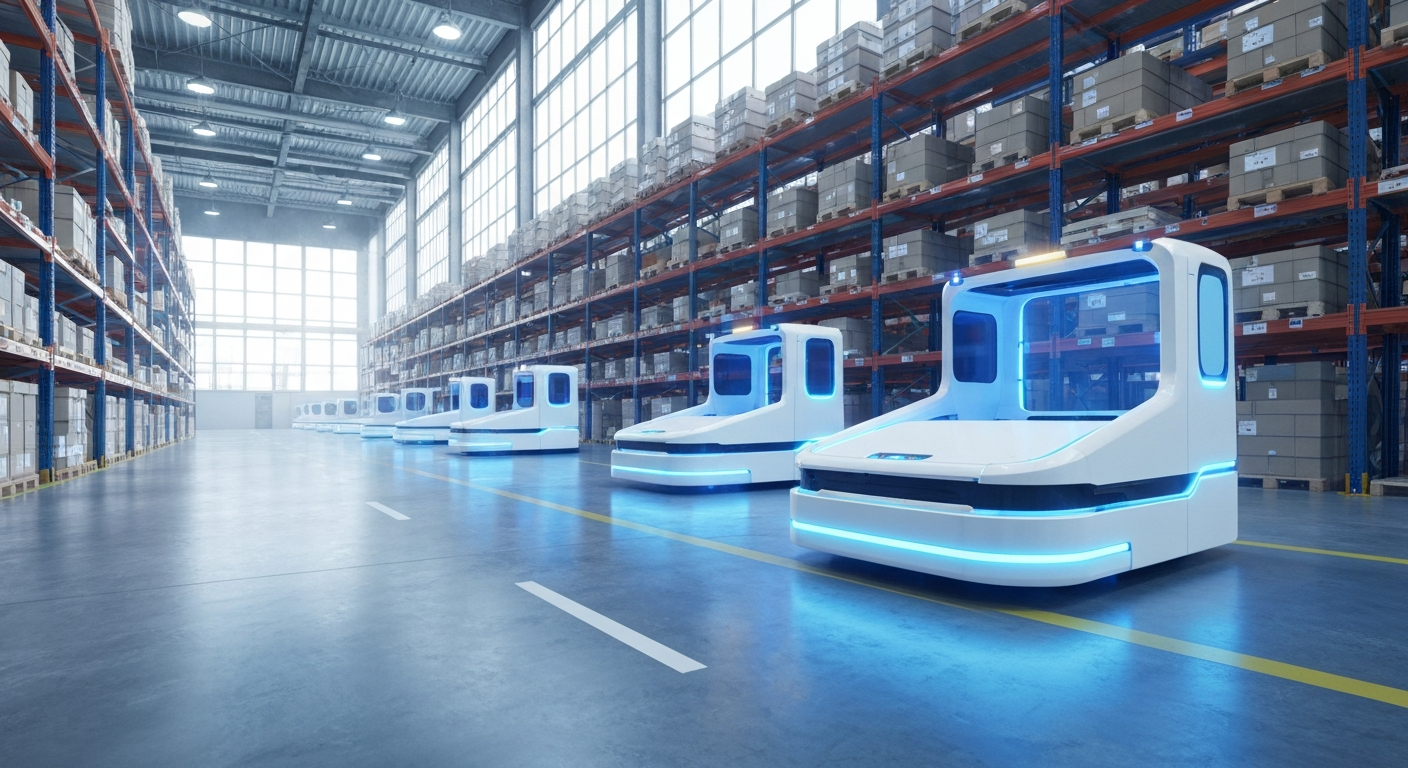What Is A Data Historian?
What is A Data Historian?
A historian software is a type of software program whose purpose is to monitor changes in data that occur over time. They store information about the date, time, and value of each change. Organizations use data historians for gathering information about the operation of programs. This will allow them to diagnose failures and increasing reliability and uptime. Data historians are most commonly used in data centers and industrial control systems, where they are an invaluable way of accessing data and statistics. Data historians are in charge of recording information to help businesses better understand their data and provides a means for ensuring that the data is recorded correctly. Data historians document everything from the types of devices being used, to the location of devices, to ensure that all of these events are well-documented.
- Analog signage that displays CPU temperature, fan, other equipment RPMs, flow rates, fluid levels & pressure levels
- Digital readings include, for e.g., the positions of valves and switches in the machine, or sensors that read the level of fluid in tanks. They can detect if there are any issues with motors and show a message to notify you
- Testing limits and product quality are very important in a manufacturing company. They help identify any problems with the product and so make the whole process run more smoothly.
- A signal may be any physical or digital sign that would indicate a need to visit a specific location or react in a particular way.
- Aggregated data such as averages, deviations, process capability, and moving averages are used to help understand a large amount of data in terms of some key measures.
Why is a Data Historian Important?
Data historians are software that keep track of all of your time-stamped and organized data, creating a catalog in a machine-readable format. The data is analyzed to find out the differences between different shifts, work crews, production runs & more. This enables businesses to make data-backed decisions and see which one is most beneficial for the company. Organizations use a data historian to answer many questions about performance and efficiency and they are very useful in helping us predict future trends. Organizations can gain insights not visible in data analysis by visualizing them in charts and graphs called data visualization.
How Empowered Automation Solutions provides data historians to help organizations improve the quality of their data and automate repetitive tasks.
The Empowered Automation Solutions and applications can pull data from many sources, such as AWS, AZURE, OSI Pi historian, SQL databases, and Oracle databases. For example, Empowered Automation Solutions can ingest data from multiple sources through batch, streaming or message-based integrations. The app has prebuilt connectors that can access many commonly used data sources, such as Postgres, Oracle, SAP, HBase, HDFS and plenty more. Data integration services come with the ability to scale, and the potential for a variety of extensions. Additionally, we can use Empowered Automation Solutions to connect to data from other databases, legacy storage media and streaming sources.



